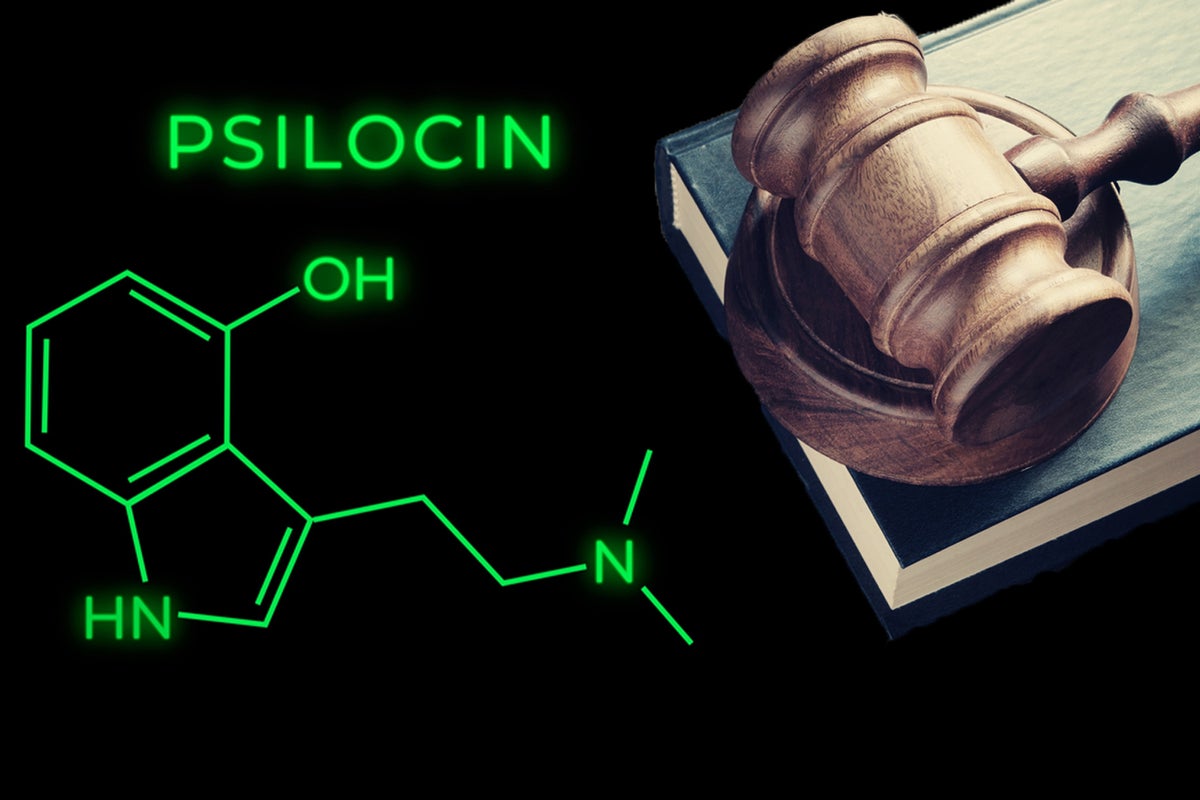[ad_1]
The DEA has shared its final production quotas for research drugs for 2023 and is now aiming for further manufacturing goals of several psychedelic compounds than the already substantial increases regarding 2022 initially proposed, reported Marijuana Moment.
The compounds include marijuana, MDMA, psilocyn, LSD, mescaline, 5-MeO-DMT, MDA, and 2-CB.
The agency stated that it is “committed to ensuring an adequate and uninterrupted supply of controlled substances in order to meet the estimated legitimate medical, scientific, research, and industrial needs of the U.S., for lawful export requirements, and for the establishment and maintenance of reserve stocks.”
As such, 2023’s production quota numbers for psilocyn would go from the original 8,000 grams to 12,000 grams, 5-MeO-DMT from 6,000 to 11,000, MDMA from 8,200 to 12,000 grams, MDA from 200 to 12,000 grams, and 2-CB from 25 to 5,100 grams.
In the case of marijuana, the DEA suggested the production of 6.7 million grams -or 14,770 pounds- for medical and scientific purposes, more than double that of 2022. Licensed cultivators can now apply to become federal marijuana suppliers under the National Institute on Drug Abuse (NIDA.)
Several companies have already made recommendations to raise DEA’s 2023 proposed quotas in view of pre-clinical and clinical research particularly for PTSD, TRD, schizophrenia and anxiety.
The proposal also received a comment regarding the creation of “diversified categories” for production and research on psilocybin-containing fungi fruiting bodies/sclerotia/liquid culture similar to cannabis (flower), fruiting body extract (akin to cannabis extract), and psilocybin and psilocyn separately as purified compounds (akin to delta-9-THC), as well as applying that same system for mescaline and other plants, fungi and lifeforms producing these compounds.
But the agency replied stating that the suggestions “do not impact the analysis involved in establishing” the production quotas for each substance.
Nonetheless, the DEA seems to be listening to what is taking place in the psychedelics space, as it has recently backed down on banning two psychedelic compounds claimed to have scientific value as well as a separate project to list five tryptamines as Schedule I substances.
Photo courtesy of Good luck images and hermanthos on Shutterstock.
[ad_2]
Image and article originally from www.benzinga.com. Read the original article here.

